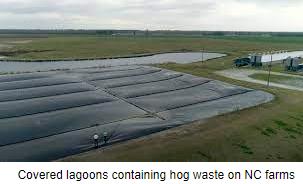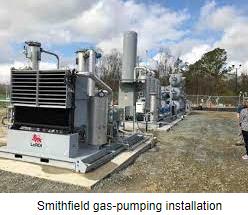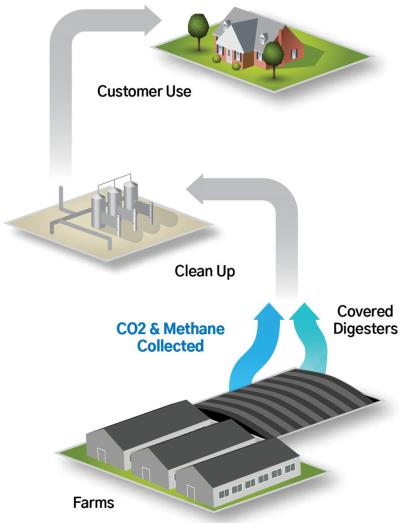Permitting of Methane Digesters in North Carolina Ruled Legal
|
03/26/2023 |
|
Following protracted negotiation and operation of a demonstration unit, the North Carolina Department of Environmental Quality issued a general permit for farmers to install manure digesters. These installations will process hog manure with collection of methane to be piped to a central distribution plant.
Shortly after the permit was issued, activists groups, including the Environmental Justice Community Action Network and the Cape Fear River Watch, challenged the permits claiming that the Department should have considered alternative technologies. Anaerobic digesters are in common use worldwide and the units to be installed were developed specifically for North Carolina hog farms by Smithfield Foods. The objectives were to capture renewable natural gas from contract farms and to eliminate nuisance odors, the subject of recent civil actions by landowners.
According to a ruling by Administrative Law Judge Donald R. Van der Vaart, the permits were issued legally in accordance with legislation enacted by the North Carolina General Assembly. In commenting on the ruling, Stewart Leeth, Chief Sustainability Officer for Smithfield Foods, stated, “Our biogas projects produce low-carbon RNG and represent a substantial financial commitment to transform the future of clean energy and sustainable agriculture and improve the quality of life in surrounding communities.”
|


|
|

|
This sequence of events in North Carolina illustrates the fact that the intensive livestock industry will never be able to satisfy environmental activists. These associations represent a wide spectrum of interests ranging from veganism to welfare of farm animals but appear united in their opposition to intensive livestock production. Organizations opposed to animal agriculture are frequently supported by lawyers employed in academia who promote anti-industry activities in the guise of education and operation of legal clinics.
At the end of the day, none of the activist organizations expressing environmental concerns can provide an alternative to efficient large-scale production that will feed the U.S. and importers of our protein products.
|

|
|
|